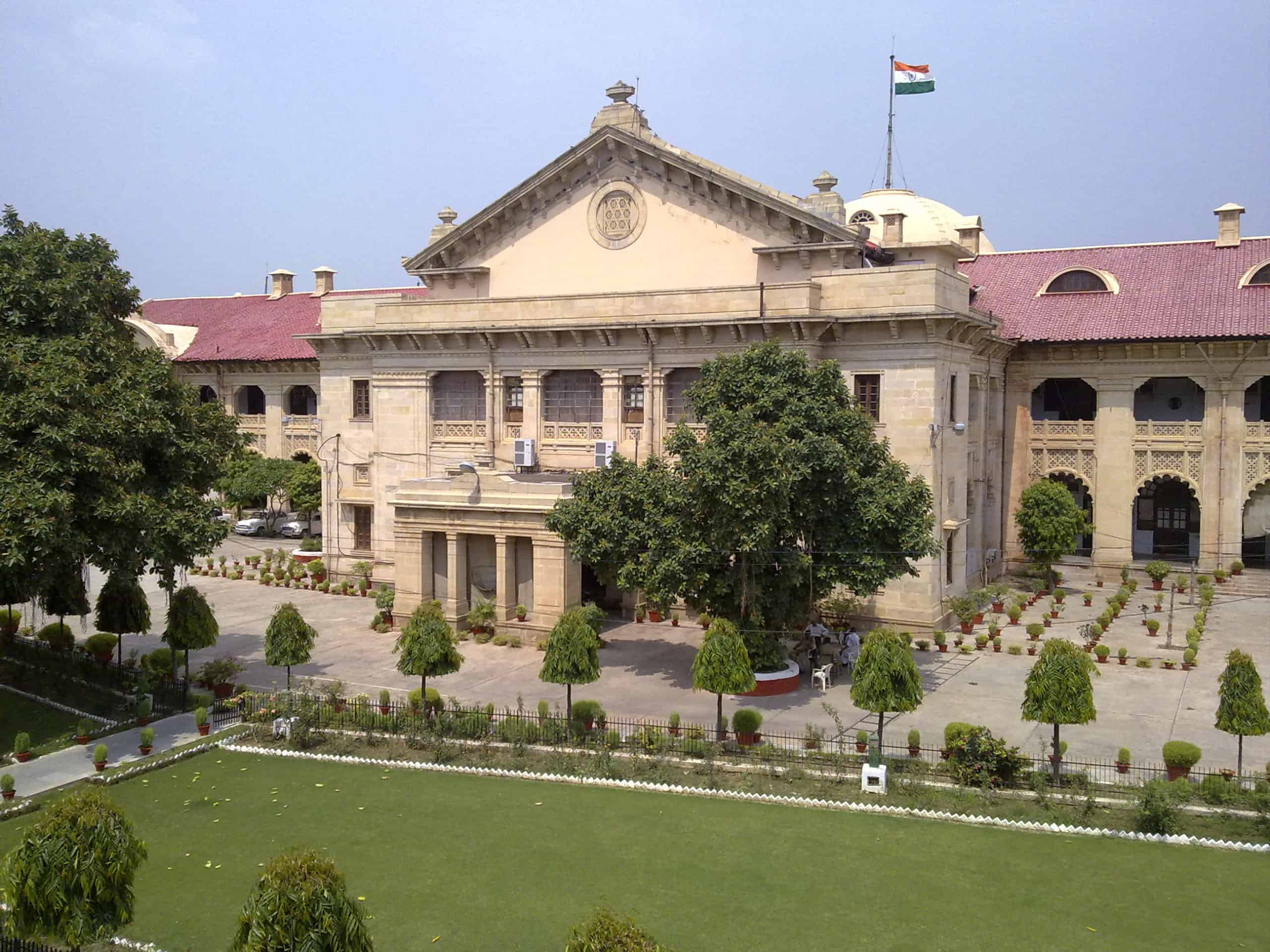The Kerala High Court on Wednesday held that the right of an embryo to develop into a foetus and then be born cannot be stultified by relying on the provisions of the Assisted Reproductive Technology (Regulation) Act, 2021 (the Act) [Rakhi Bose & Anr. v Union of India & Ors.].
Justice VG Arun opined that the rights of the parents to conceive and beget a child as well as the right of the life in the embryo are not frustrated by any of the provisions of the Act, the main objective of which is to prevent misuse of assisted reproductive technologies.
“Apart from the aspirations of the first petitioner (mother) to conceive and the second petitioner (father) , to beget a child, the right of the life inside the embryo, which is kept frozen for the past 8 years, to develop into a fetus and be born, cannot be stultified by relying on a provision which has no application. The primary objective of the Act is the regulation and supervision of the assisted reproductive technology clinics and banks, by preventing misuse and ensuring safe and ethical practice of assisted reproductive technology services. The Act is not intended to create difficulties for persons opting assisted reproductive procedure,” the Court said in its order.
The Court was considering a petition moved by a couple who had been unable to conceive children for a long time and, therefore, opted for assisted reproductive procedures.
They had four fertilized embryos stored in a hospital but wanted to transfer it to another hospital of their choice.
In the meanwhile, the Act came into force and the first hospital refused to transfer the embryos citing the provisions of the Act.
This prompted the petitioners to approach the High Court seeking orders to transfer the embryos and a declaration that the petitioners are entitled to get their own frozen embryos.
Senior Advocate Abraham Vakkanal, appearing for the petitioners, submitted that since the National and State Boards envisaged under the Act are not constituted, the petitioners are unable to approach the Board seeking permission for effecting the transfer.
Moreover, the maximum period for which embryos can be preserved is ten years and eight years having elapsed already, the petitioners will be put to undue prejudice and misery if the transfer is not permitted.
The Court summed up the main issue for consideration in the petition as follows:
“Life inside a human embryo remains frozen, awaiting its opportunity to be born as a child to its parents; the petitioners. Meanwhile, the State brings out a well meaning legislation viz, the Assisted Reproductive Technology (Regulation) Act, 2021 . Will the new enactment have an impact on the Assisted Reproductive procedure, which the petitioners now want to continue, is the question.”
The Court surmised that the request for transfer was probably refused on the basis of Section 29 of the Act which reads as follows:
“29. The sale, transfer or use of gametes, zygotes and embryos, or any part thereof or information related thereto, directly or indirectly to any party within or outside India shall be prohibited except in the case of transfer of own gametes and embryos for personal use with the permission of the National Board,”
However, Section 29 does not interdict the kind of transfer that the petitioners sought, the Court opined.
“A close scrutiny of the provision shows that the intention is to prevent/restrict sale etc of human gametes, zygotes and embryos. In the case at hand, there is no such transfer, since no donor or third party is involved and the embryos are that of the commissioning couple,” the order stated.
Therefore, the Court directed the hospitals to ensure expeditious and safe transfer and storage of the embryos of the petitioners.
Source Link




